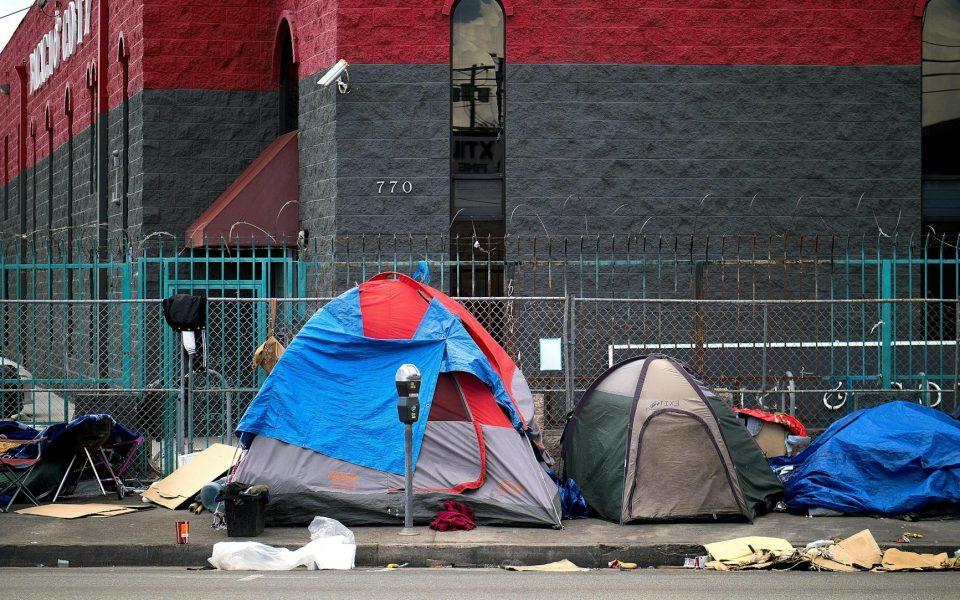It’s easy to fall into the trap.
The thinking goes something like this: “I worked hard so I deserve this.”
It’s something that I see people use to justify homelessness or the fact that some people deserve housing, jobs, stability, healthcare, while the rest of them — the ones who didn’t work as hard — don’t.
It’s a tempting narrative.
Times are tough in this country. Rent continues to be too high, the housing market is still crazy and basic necessities like food and utilities are still too expensive. So if I’m still working hard and am able to make ends meet, what is their excuse?
Of course, it’s easy to fall into this line of thinking when you’ve swallowed the capitalist, bootstrapper’s pill. But that’s not reality.
In late 2023, the US Dept. of Labor found that nearly 8.4 million people worked more than one job to make ends meet. Did you know that many homeless people have jobs? A 2021 study estimated that 53 percent of those people living in homeless shelters and 40 percent who were unsheltered had either full- or part-time jobs. They just weren’t making enough to afford stable roofs over their heads.
So it’s not a matter of merit; it’s a matter of capital and luck.
I know that I’m lucky. I grew up in a middle-income household, went to good schools, graduated college and landed a job I like. The same goes for my husband.
But many people didn’t begin at the same starting line.
It’s a well-documented fact that people of color — namely Black, Native Hawaiian and indigenous people — are more likely to experience homelessness compared to everyone else. Of course, we know why that is.
The thing that gets me is that it doesn’t have to be this way.
Cities across the world are experimenting with the idea of giving unhoused people a cash boost to help them get into stable housing. In Denver, the initiative is working: A year after the city started giving participants varying amounts of cash (anywhere from $50 to $1,000 per month), close to half of the participants had secured housing and many had secured full-time jobs. The report even found that the move saved the city money — almost $600,000 in fact.
A recent report exemplifies this. The answer to solving homelessness? Housing and money.
Ticketing, fining, arresting and displacing people from the services they need or criminalizing when they sleep outside is not the answer. Rather than thinking that unhoused people are “bad neighbors” or “dangerous,” cities and businesses could adopt a more empathetic and human approach: To understand that many of us who have enough were lucky and those who do not were not. But we have everything we need to ensure all of us can lead lives with dignity. The pandemic showed this. Thanks to eviction moratoriums, emergency rental assistance, child tax credits and direct cash payments, people were able to stay sheltered at a higher rate than was expected during the pandemic. The report explaining this makes it clear: Homelessness is a policy choice.
And it’s time we start putting our money where are hearts should be.
Join the First Amendment Society, a membership that goes directly to funding TCB‘s newsroom.
We believe that reporting can save the world.
The TCB First Amendment Society recognizes the vital role of a free, unfettered press with a bundling of local experiences designed to build community, and unique engagements with our newsroom that will help you understand, and shape, local journalism’s critical role in uplifting the people in our cities.
All revenue goes directly into the newsroom as reporters’ salaries and freelance commissions.


**Based on the article, what is the myth of the deserving? Regard Telkom University